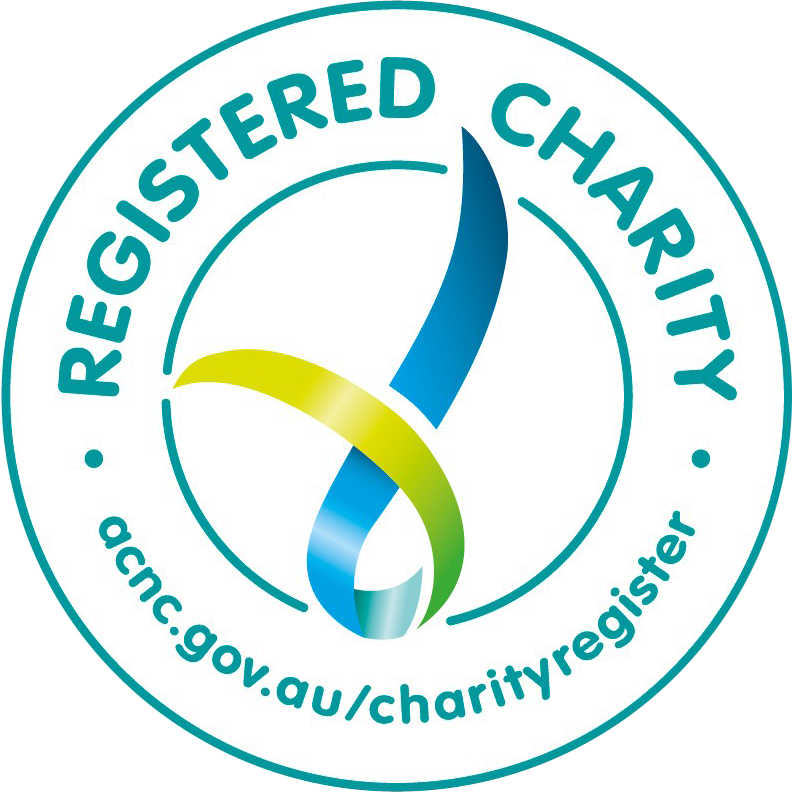Together, we can have a positive impact on the health of First Nations Australians.
We are committed to helping achieve sustainable treatment and management pathways for all communities across Australia, with integrated and holistic approaches that covers all risk factors.
First Nation's Health
Aboriginal and Torres Strait Islander peoples have a shorter life expectancy and poorer health outcomes when compared to non-Indigenous Australians.
There are many contributing factors to this health and life expectancy gap, including less access to healthcare, genetic factors and lifestyle choices. Chronic Metabolic Conditions including Obesity, Diabetes and Heart Disease make up a very large proportion of the gap in life expectancy.
We are committed to taking a proactive approach in rural communities across Australia screening First Nations Australians, to detect the leading risk factors of Metabolic Syndrome, including high blood pressure, high blood sugar, unhealthy cholesterol levels and excess body fat. These factors contribute to their risk of Metabolic Syndrome and the development of life-threatening chronic conditions. Each person who is identified as having these conditions or at risk will then be provided with free access to immediate specialist care, made possible through our Foundation.
We are focused on helping facilitate an overall systemic change in the health care of Aboriginal and Torres Strait Islander communities. We are focused on delivering education, early detection and ongoing treatment, increasing medical specialist and allied health care for children and adults, influencing a generational change that will ultimately create a longer term and lasting difference.
Contact Us
If you are a person of Aboriginal or Torres Strait Islander descent who would like to learn more about our health services please get in touch.
Call Us
Email Us
Postal Address
641 Glen Huntly Rd
Caulfield VIC 3162

